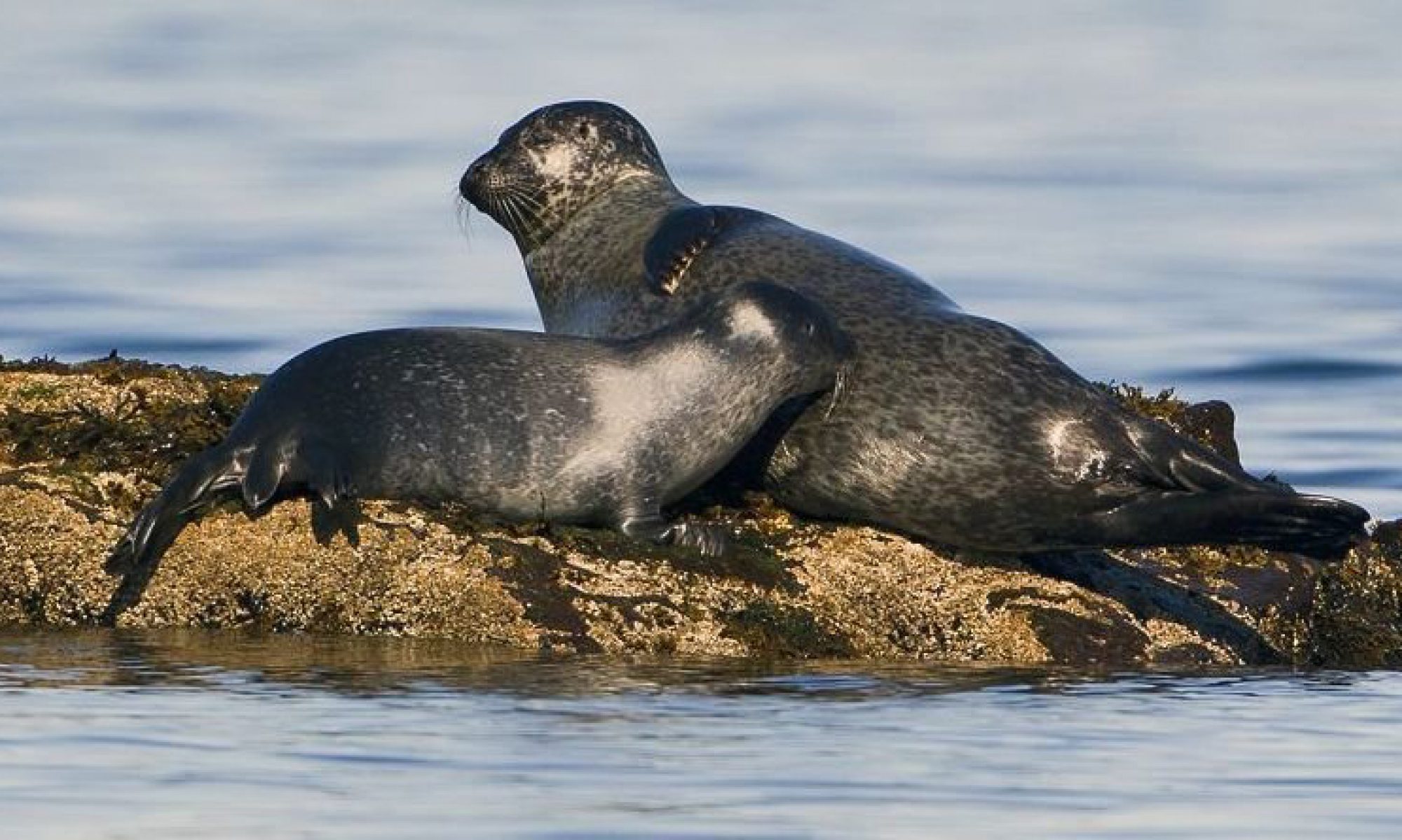Wildlife tourism is currently increasing in Iceland and in that sense, marine mammals should be considered an important resource. Although whale watching is the largest wildlife watching branch in Iceland, seal-watching sites are being developed in many coastal areas around the country. Since anthropogenic disturbance (for example due to tourism) can have negative effects on seal populations, affecting both behaviour and spatial distribution, it is important to investigate these potential effects. The critical conservation status of the Icelandic seal populations underline the importance even further.
The project aims to investigate effects of land-based and boat-based seal tourism on the natural behaviour and distribution pattern of seals, and how negative anthropogenic disturbance can be minimised. Results generated in this project show that seals are more vigilant (a behaviour that is used as an indication for disturbance of seals) when tourists are nearby, and that seals change their distribution during periods when many tourists are present close to the haul-out site. However, by investigating how tourists behave during seal watching events, we have been able to show that tourists behaving in a calmer way cause less disturbance among the seals (lower vigilance level). Hence, by transferring knowledge to tourists on how to behave during the seal watching event, it may be possible to reduce the impact of seal watching on seal colonies. Findings from the project have been implemented in a code of conduct guide behaviour during land-based seal watching (for the tourists) and during boat-based seal watching (for boat operators).
Through interdisciplinary co-operation between biologists and specialists in academic disciplines such as tourism research and anthropology, we investigated how we could efficiently transfer scientific knowledge to tourists and entrepreneurs. Some parts of the research are transdisciplinary and hence implement knowledge from stakeholders like tourism entrepreneurs, local inhabitants and municipalities into the interdisciplinary academic research.
Several peer reviewed papers have already been published from the results of this project and additional papers are currently in production. In addition, several theses have been finished within the project.
The project is part of the international co-operations „The Wild North“ and „ReSea-Responsible tourism in Arctic seascapes“. The Wild North is an international interdisciplinary/transdisciplinary project on interactions between wildlife and the tourism industry. ReSea is a cooperation between several Nordic countries which aims to develop responsible tourism in seascapes through interdisciplinary academic research and by underlining the importance in transferring scientific findings to society.

